On October 3, 2023, the Glass Pavilion received a generous donation from the Rivka Tennenbaum (née Salomon) and Zvi Tennenbaum Collection in memory of their son, Yadin gifted flutist, who fell in the 1973 Yom Kippur War at the age of 19.
The donation entered the museum through a gift by Dr. Ella Koren-Tenenbaum in memory of her parents and her brother.
This donation joins a fine collection of Judaica articles donated in the recent years to MUZA’s Ethnography and Folklore Pavilion. Yadin is also commemorated through donations to the Israel Museum and to Yad Vashem in Jerusalem, the Jewish Museum in New York, the Jewish Museum in Berlin and other leading museums worldwide.
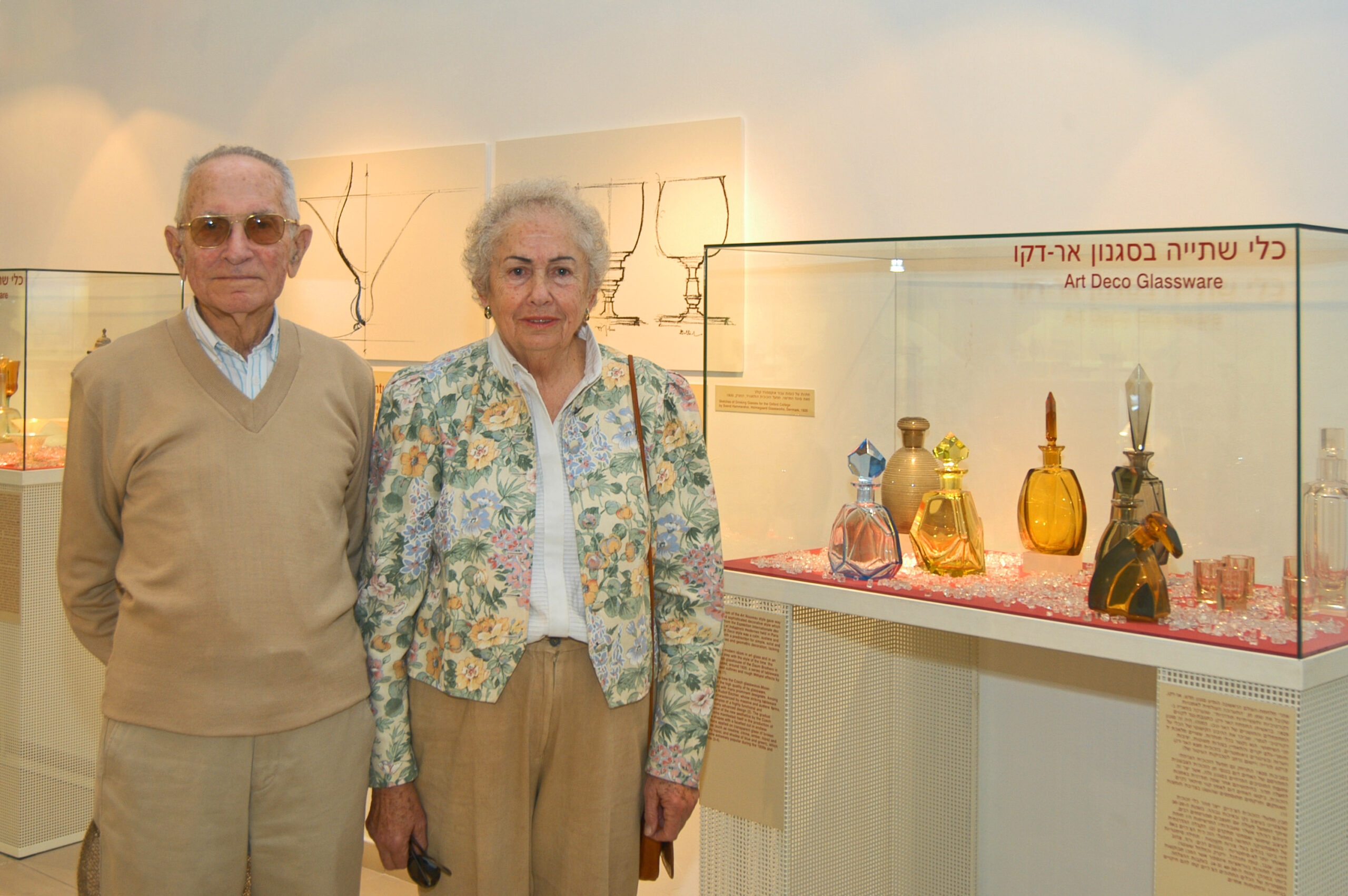
The pieces donated to the museum were collected by the late Rivka and Zvi Tennenbaum over six decades. Many of them were displayed to the delight of museum visitors in exhibitions held at the Glass Pavilion, such as Scented Dreams – European Perfume flasks (1750–1950) in 2003; and Spirited Glasses – European Drinking-ware (1700–1970) in 2005.
The Glass Pavilion Collection reflects a profound commitment to preserving the unique artistic history of this extraordinary material. Serving as an archive that encompasses both symbolic and tangible elements, the collection is dedicated to showcasing the evolution and the cultural and artistic significance of glass art across the ages.
Comprising 73 glass objects, the Tennenbaum family’s gift is a substantial contribution that complements and enhances the pavilion’s holdings, while contributing to a more nuanced and complete history of glass. Spanning the time period from the late 19th century to the 1970s and produced in various countries (France, Czech Republic, Austria, Germany, Sweden, Finland and the United States), these works represent a vast range of design styles.
Of particular note is a fine Art Deco liqueur set made of tinted glass that was produced by the Daum company in Nancy, France in the 1920s; an iridized glass vase from the “Aurene” series, designed by Frederick Carder (1863-1963), founder of Steuben glassworks in Corning, New York; pieces from the Czech Republic in the Wiener Werkstätte style; and an unsigned sculptural piece from the “A Mugnoni” series (blob applications) designed by Ercole Barovier in the 1940s for the Barovier & Toso glassworks in Murano. Also included is a selection of Depression glass made of fluorescent-green uranium glass. These are the first pieces produced in the United States during the Great Depression (1929-1939) to enter the pavilion’s collection.
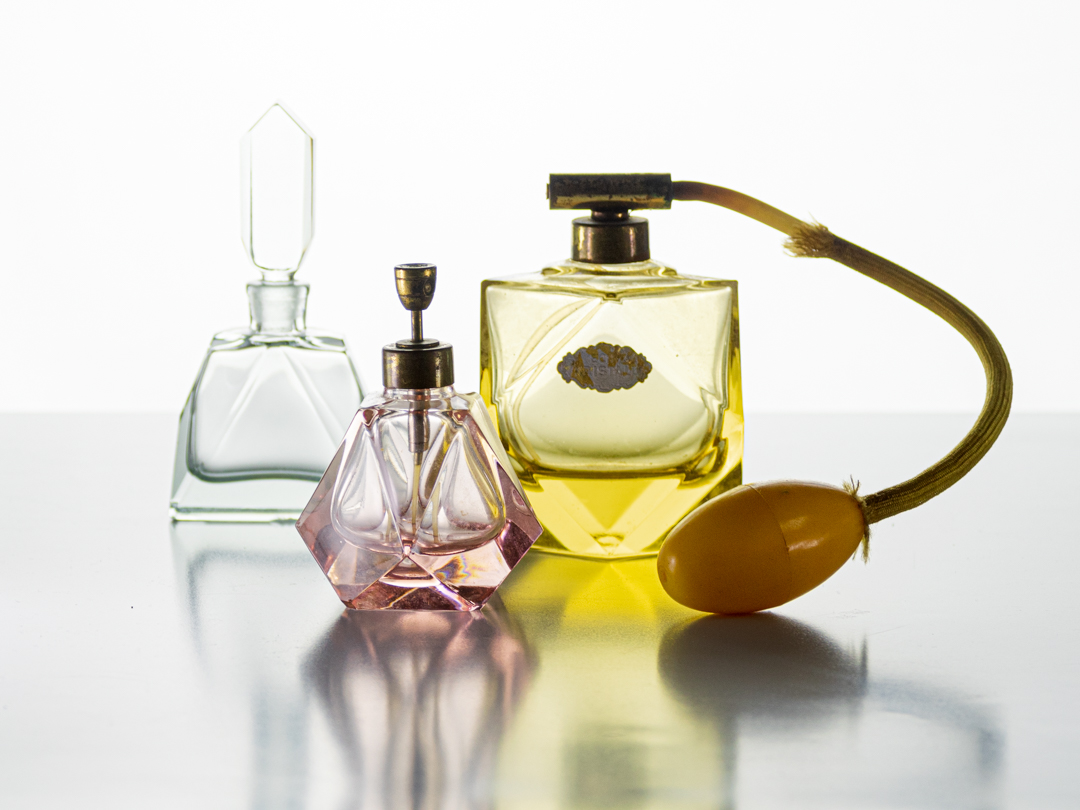
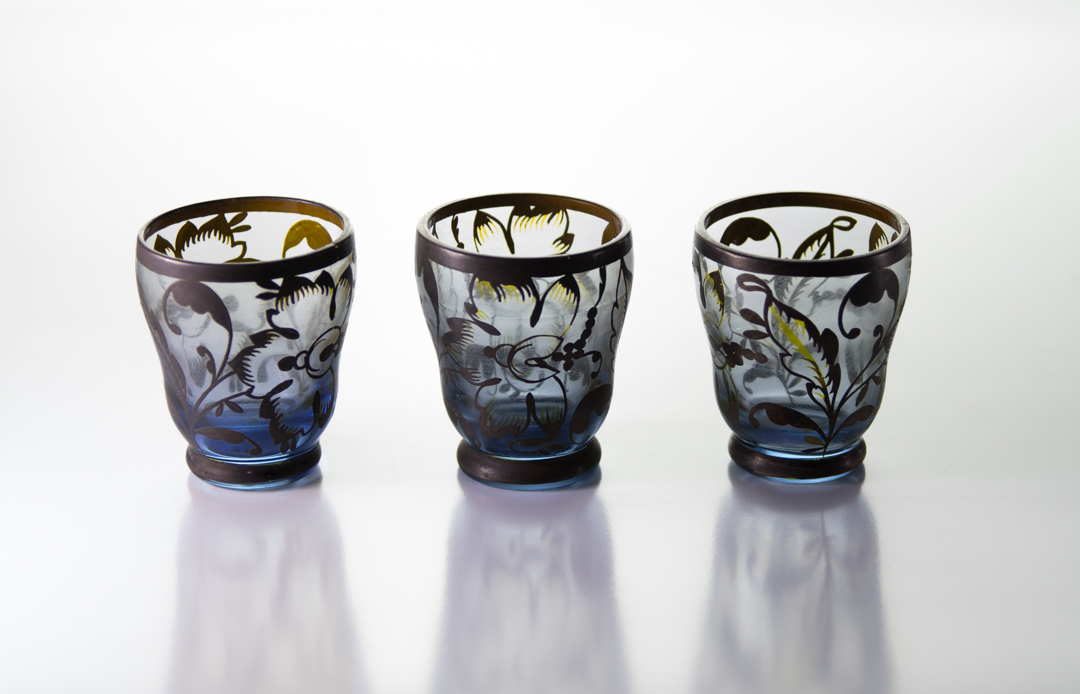
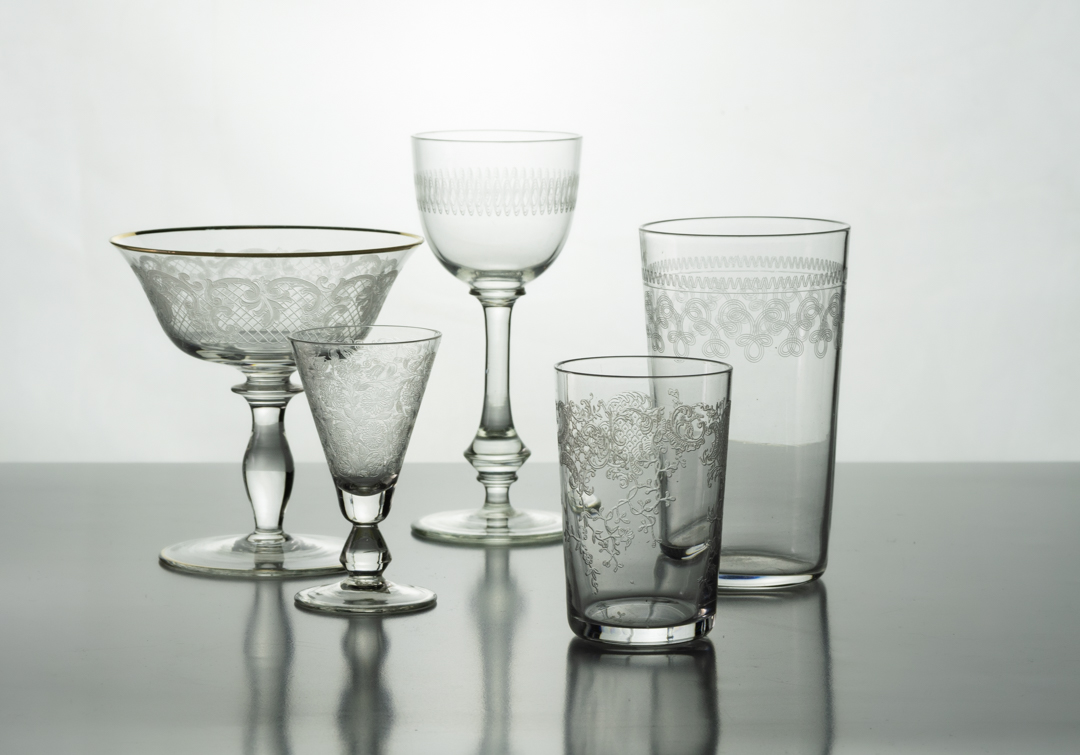
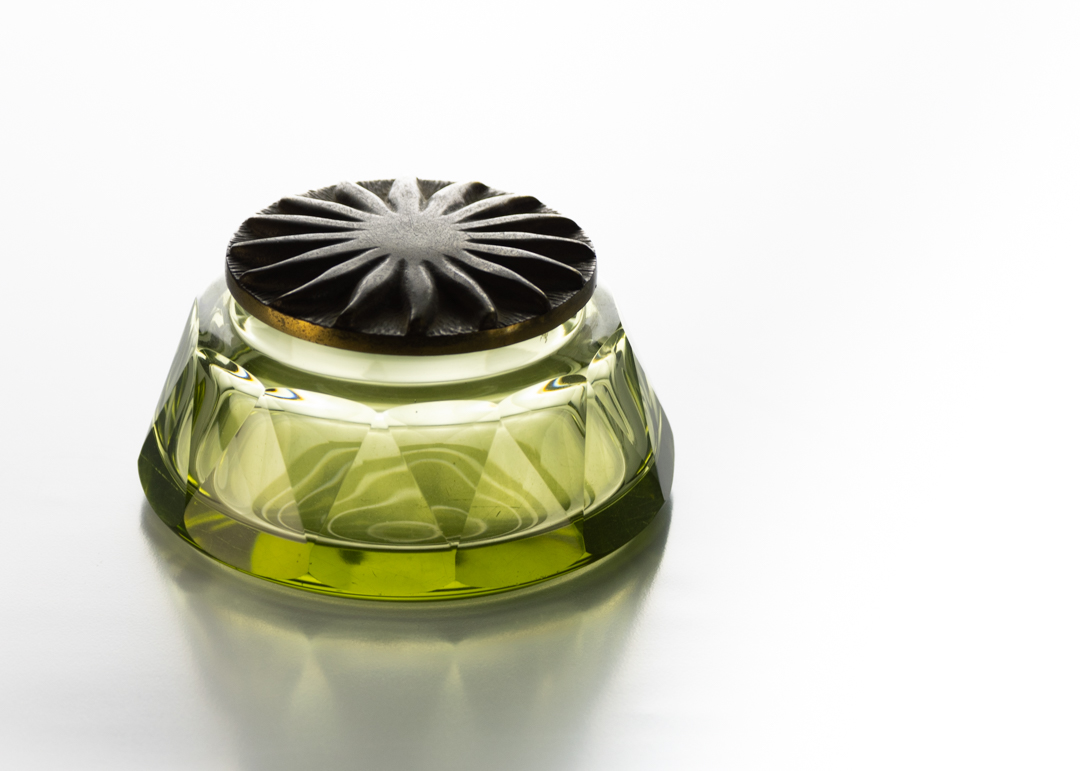
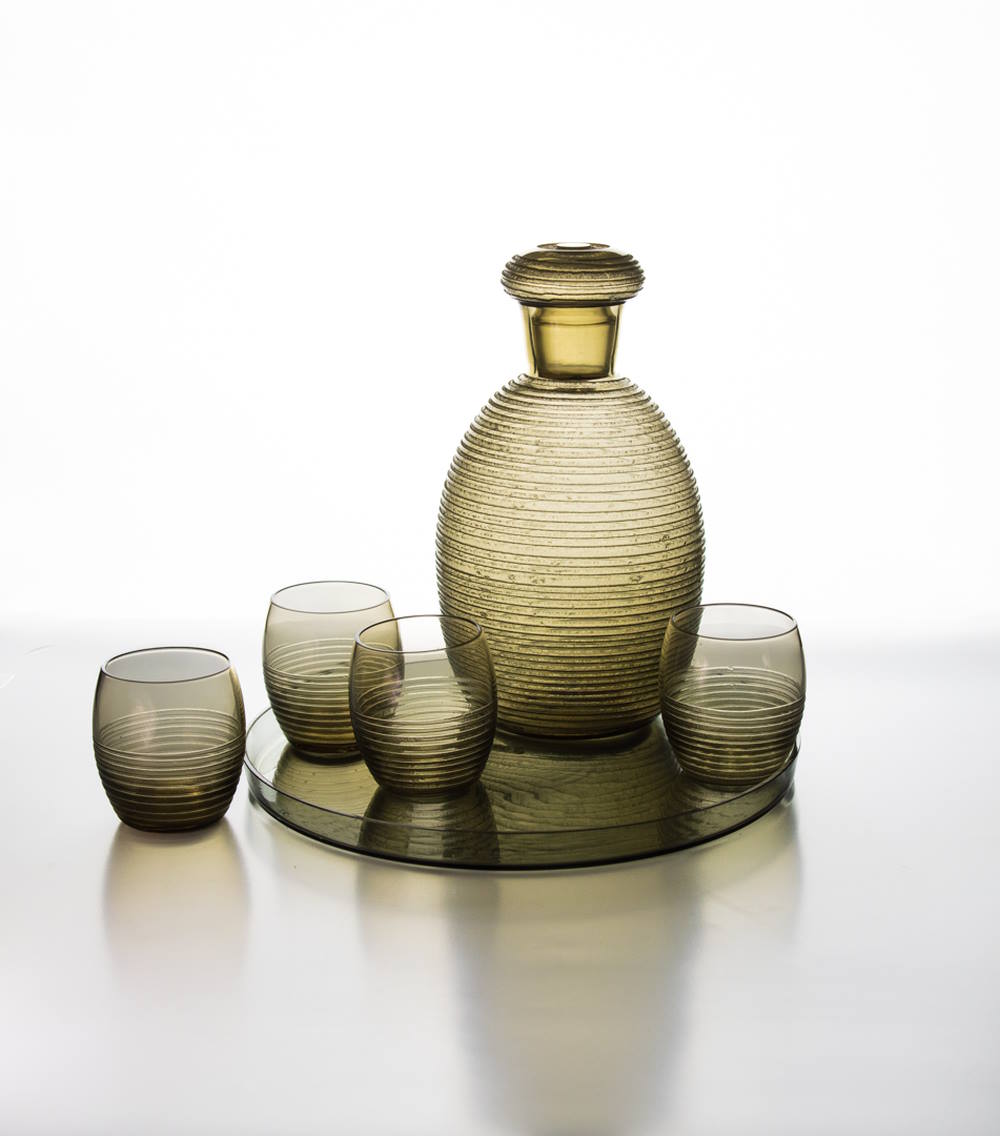
Yadin Tennenbaum (1954–1973)
Yadin Tennenbaum, a seventh-generation descendent of Rabbi Avraham Shlomo Zalman, a goldsmith, was born and raised in the Tzahala neighborhood of Tel Aviv. Yadin studying the flute at age 11 with flutist Dr. Uri Toeplitz. He was a recipient of stipends from the America-Israel Cultural Foundation (Moshe Sharett prize) and prizes from the Israel Conservatory of Music.
At age 18, Yadin commenced his military service, as required of most Israeli citizens. Although he was offered a position in the Israel Defense Force orchestra, he chose combat duty instead. On October 6, 1973, the eve of Yom Kippur, Yadin was stationed near the Suez Canal as a tank gunner. Although his tank was stuck and failed to move, he and his crew managed to destroy two Egyptian vehicles before their tank sustained a direct hit. He was decorated posthumously with the “Medal of Distinguished Service” for his outstanding courage. First declared missing, he was brought to burial in October 1974. He was only 19 years old.
Despite his young age, Yadin was an accomplished flutist who left a rich bequest of recordings, including solo and ensemble performances of classical works and more recent music, originally compiled in a recording produced by Hed Artzi in 1975 and released on CD in 2013. Pieces performed by Yadin were posthumously released on a CD titled “The Flute That Never Rests – pieces for flute performed by Yadin Tennenbaum.” After hearing Yadin’s story, American composer and conductor, Leonard Bernstein (1918-1990) composed a haunting piece in his memory titled “Halil” (Hebrew, flute) – a nocturne for solo flute, string orchestra and percussion. “This work is dedicated to Yadin Tennenbaum and his fallen brothers. I did not know Yadin, but I would like to know his spirit,” wrote Leonard Bernstein. The premiere of “Halil” took place in Tel Aviv and at the Sultan’s Pool in Jerusalem, in May 1981, conducted by Leonard Bernstein and performed by French flutist Jean-Pierre Louis Rampal (1922–2000) and the Israel Philharmonic Orchestra. Since then, this piece has been played numerous times around the world by prominent orchestras and distinguished flutists.
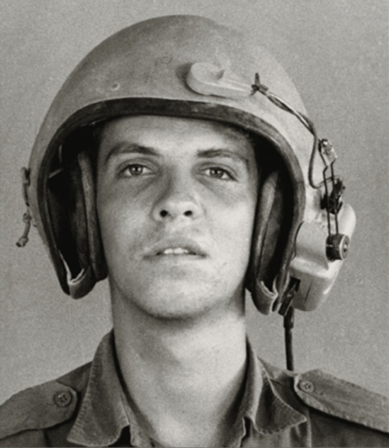
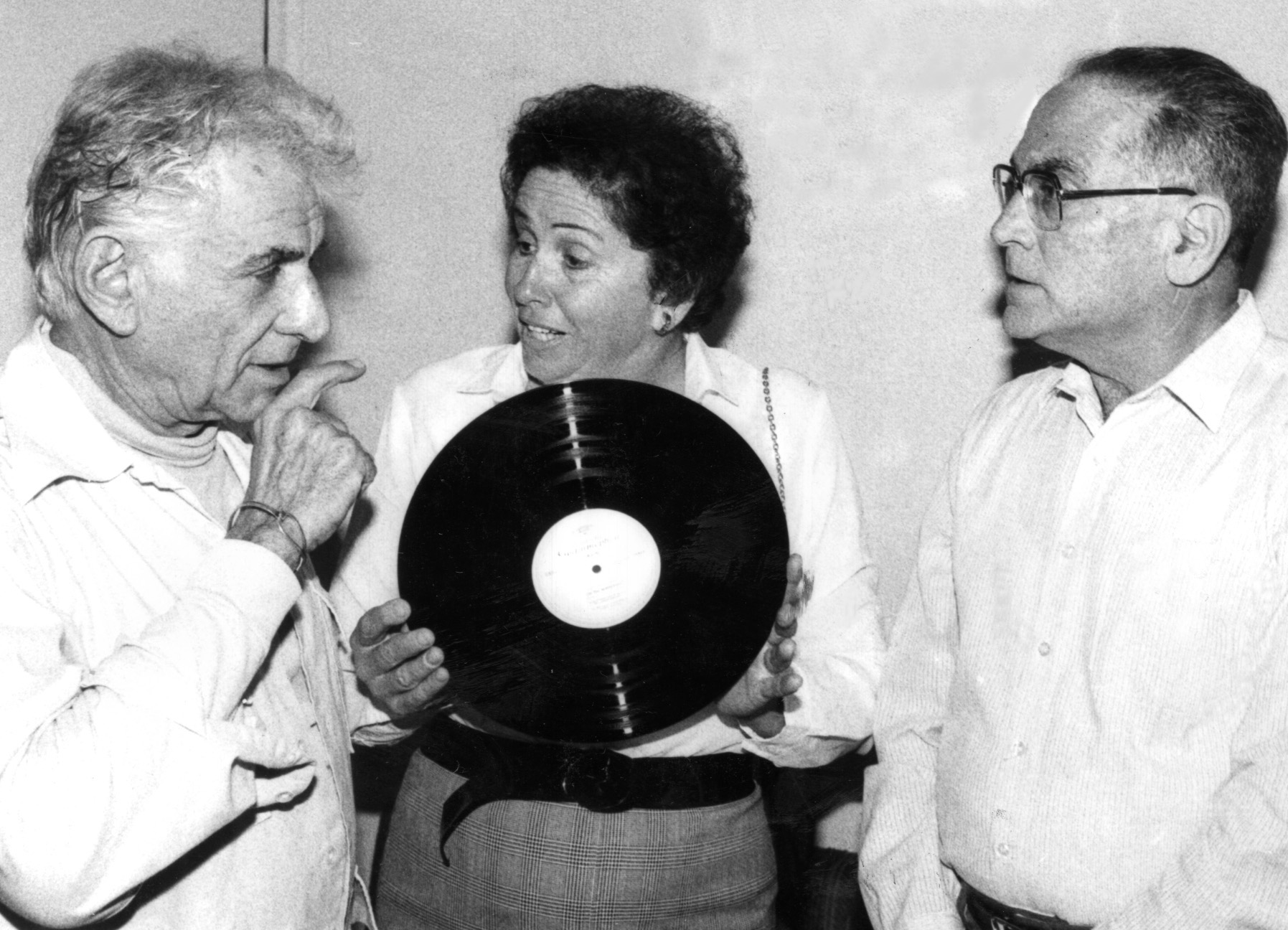
More Articles

An Interview with Raed Bawayah Taken from the "Black Life. White Art" exhibition catalogue published recently. Interviewer: Guy Raz
30.04.24

New Acquisitions: Works Exhibited at the Biennale of Crafts & Design Some 60 artists whose works were exhibited at the Biennale of Crafts & Design held at the museum in 2020 and 2023 generously contributed their works to the collection of MUZA, Eretz Israel Museum, Tel Aviv
18.04.24
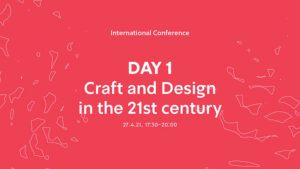
International Conference: DAY 1 – movies and lectures
24.01.22
